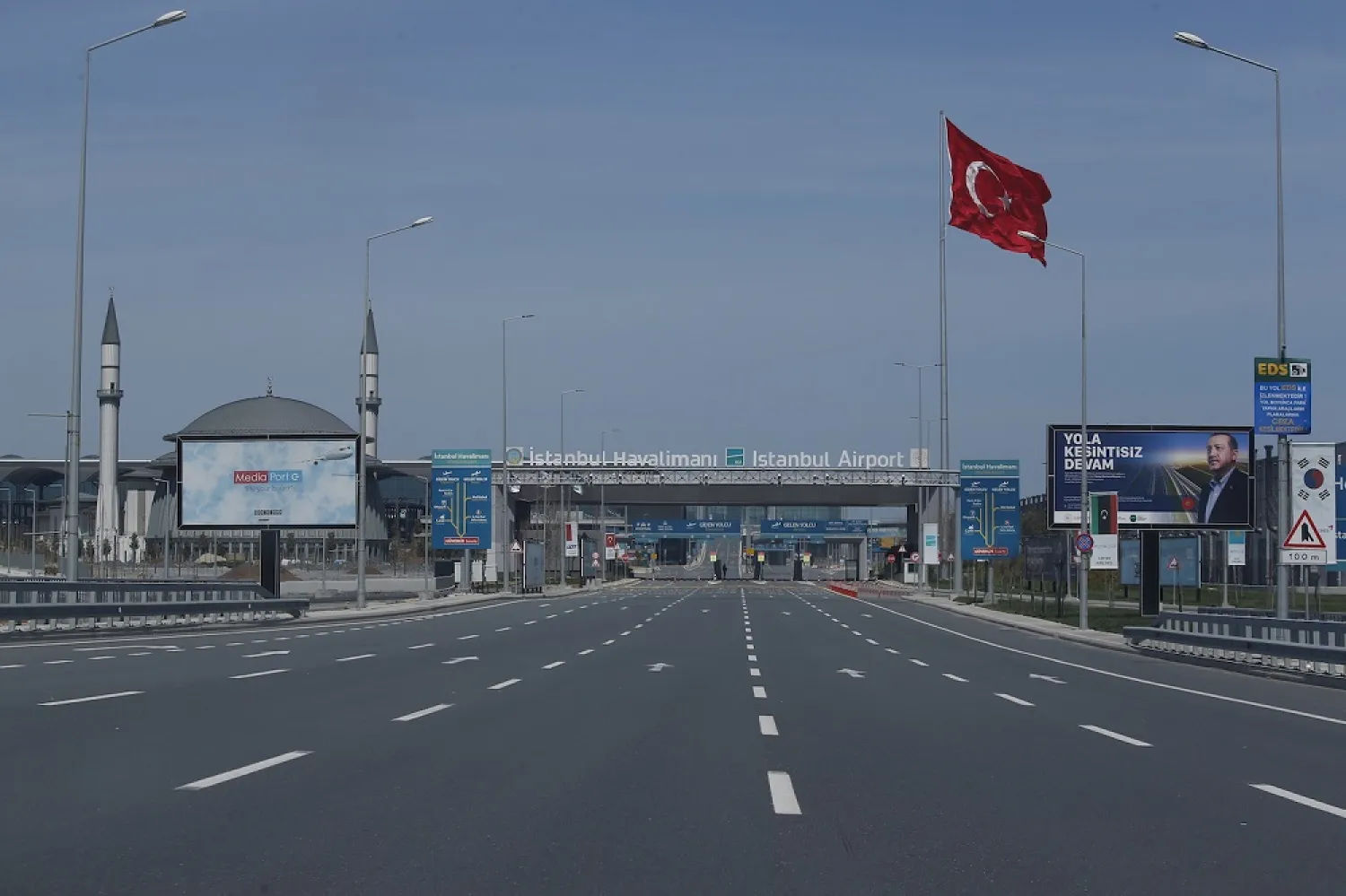Turkey's economy is expected to contract this year for the first time in over a decade as the coronavirus pandemic slashes output through mid-year, and it's unlikely to grow again until 2021, a Reuters poll showed on Tuesday.
The median forecast of some 40 economists was for a cntraction of 1.4% in 2020, with drops in the second and third quarters of 8.6% and 5.3% respectively.
Before the coronavirus outbreak, the government expected the economy to expand 5% this year after rebounding from a recession last year.
The government has not updated its gross domestic product forecast since the country recorded its first case of COVID-19 in mid-March. The virus has since spread, putting Turkey seventh globally in confirmed coronavirus cases.
The economy is expected to grow again next year by 3.7%, according to the poll's median. For the first quarter of this year, the official report due on May 29 is forecast to show growth of 4.4%.
Ankara has shut schools and some businesses, closed borders and adopted weekend lockdowns. But it has stopped short of imposing a full stay-at-home order in an effort to support some economic activity.
Economists said robust lending in the first quarter positioned Turkey relatively well as it headed into the global downturn.
"We think that all sectors of the economy will be affected by COVID-19 and we assume that most of the negative impact would concentrate on Q2-Q3 2020," UBS economists said.
"Both investments and exports should outright contract in 2020 given the global slowdown from the pandemic. However, credit growth - while clearly expected to fall notably from current levels - might remain flat by end-2020."
Lower inflation rates
Turkey's economy last contracted on an annual basis in 2009, by 4.7%. From 2010 to 2018, its average growth rate was more than 5% thanks to a construction boom driven by cheap capital following the global financial crisis.
A currency crisis in 2018 was set off by concerns over central bank independence and tension between Ankara and Washington. That led to three straight quarters of economic contraction and a modest annual growth rate of 0.9% last year.
Since July, the central bank has cut rates to 9.75% from 24% to boost growth and reflect declining inflation.
In the poll, economists predicted the central bank would continue cutting to reach 8.00% by the end of June as it ramps up its response to the outbreak, according to the median response.
Annual inflation, which has hovered around 12% the last few months, is expected to decline to 8.3% by the end of the year before rising to 8.9% by the end of 2021, the poll showed based on the median.
"We forecast inflation to quickly decelerate due to lower oil prices ... with CPI being single digit already from May 2020 onwards," UBS wrote.
UBS predicts 8.3% annual inflation in Turkey by the end of the year and further monetary policy easing before the central bank raises rates again in the second half of 2021.
The current account balance, which recorded a rare surplus last year as the economy slowed, has since returned to a deficit. The deficit is expected to stand at 1.2% of GDP this year and 2.6% next year, according to the poll.









